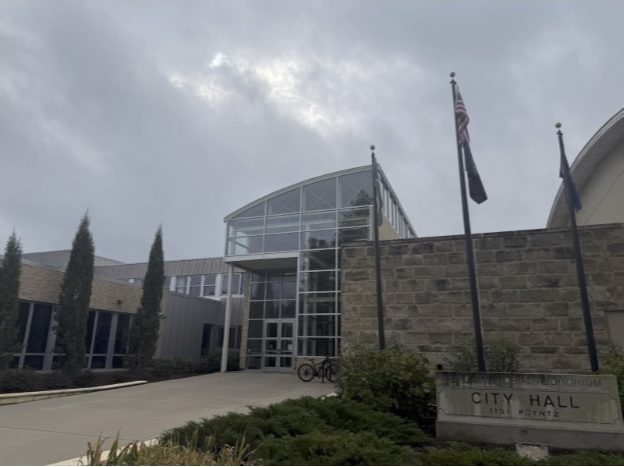Funding for Kansas SNAP, a federal food benefits program for low-income households, was reduced by $10.4 million for the year after the United States Department of Agriculture sent the Kelly Administration a letter requesting that the State of Kansas provide information about SNAP recipients, including names, addresses and dates of birth, by July 30.
The Kelly Administration did not cooperate.
According to a news release issued by Kansas Attorney General Kris Kobach, the Kelly Administration received a final warning letter on Aug. 20, stating that if the requested information about SNAP recipients was not sent to the USDA within 30 days, Kansas would lose $10.4 million in SNAP funding.
The Kansas Department for Children and Families responded in a letter to the USDA stating it was “unable to comply with the USDA FNS request at this time.” The letter, written by Laura Howard, secretary of the KDCF, explained the department’s inability to surrender the requested information of SNAP recipients. KDCF determined that “providing the data requested at this time may open KDCF to significant liability.” Furthermore, the letter specifies that the data request is too large to send in the requested time and will create a monetary and time burden.
The letter said that if the demand is upheld by the courts, KDCF is prepared to respond to a more reasonable request that is for less data or with more notice. Now, the Food and Nutrition Services will pull $10.3 million in SNAP funding every three months until Kansas provides the information on SNAP recipients, according to Attorney General Kobach.
“SNAP funding provides food assistance to the needs of Kansans based on their income,” Kobach said. “Kansas is supposed to receive $402 million worth of federal funds that go into the SNAP program, and these funds are used to reload people’s Electronic Benefits Transfer cards, which is how SNAP works. In the past, the USDA would request a subset of recipients from the state every year to do an audit, but this time, the Trump Administration, in the interest of getting rid of fraud and abuse, requested all of the applicants from each state.”
However, the governor refused to release the requested information. Kobach said that EBT cards are still functioning as of now, but if the information is not given by December, Kansas could lose another $10.4 million, and the Kansas SNAP funding used to feed families who use EBT cards will take yet another hit.
Karla Hagemeister, executive director of the Flint Hills Breadbasket, said for the Manhattan community, this loss of funding comes at a time when the use of social services has increased, evidenced by the influx of people that the food pantry is receiving.
“Only 23% of our guests receive SNAP; 75% don’t get SNAP as it is,” Hagemeister said.
Hagemeister said social services have already been stretched thin in the community, and the loss of food stamps could push some providers beyond what they can give. However, Hagemeister is confident that the community will support the efforts of organizations such as Flint Hills Breadbasket.
“We don’t know how much more it’s going to grow, but we do know it’s growing,” Hagemeister said. “Every agency is experiencing a similar strain, and we are all working cooperatively with each other to create a wide system of support with each other.”


























































































































